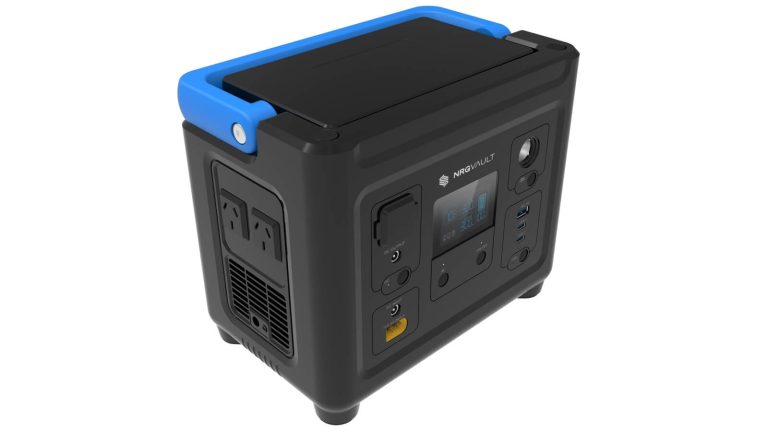Is Your Whey Protein Actually Helping You Recover?

In the fast-paced world of fitness and sports, recovery is just as important as the workout itself. Whether you’re lifting heavy, running long distances, or crushing HIIT circuits, how your body recovers determines how well you perform next time. And for most athletes and fitness enthusiasts, whey protein is the go-to supplement for this purpose. But here’s the catch: not all whey protein is created equal.
If your muscles still ache days later, or you’re not seeing the gains you expect, it’s time to ask — is your whey protein actually helping you recover?
The Role of Whey Protein in Recovery
Whey protein is a fast-digesting, complete protein derived from milk during the cheese-making process. It contains all nine essential amino acids, including a high concentration of branched-chain amino acids (BCAAs), especially leucine — the key player in muscle protein synthesis.
After a workout, your muscle fibers are torn and inflamed. They need amino acids to rebuild, and whey protein delivers these rapidly, ideally within the “anabolic window” (the 30–60 minutes post-workout when nutrient absorption is optimized).
But this benefit only applies if your protein is clean, effective, and transparent.
The Problem: Most Whey Supplements Aren’t What They Seem
In today’s supplement market, flashy labels and big promises often hide a less-than-pure truth. Many whey protein powders are loaded with:
- Artificial sweeteners and flavoring agents
- Fillers like maltodextrin and gums
- Unlisted additives
- Sub-par protein blends or misleading protein content
These junk ingredients can actually hinder digestion, cause bloating, or even interfere with muscle recovery. Worse, they give you a false sense of performance support while doing very little for your actual results.
Quick Test: Is Your Protein Helping You Recover?
Ask yourself:
- Do I still feel unusually sore 48 hours after workouts?
- Am I not seeing strength or size gains despite consistent training?
- Do I feel bloated or tired after consuming my protein shake?
- Is my energy not bouncing back quickly post-exercise?
If your answer is yes to any of the above — your whey protein may not be doing its job.
What a Good Recovery Protein Should Contain
Here’s what you should look for in a recovery-supporting whey protein supplement:
1. High-Quality Protein Source
Look for whey protein isolate (WPI) or hydrolyzed whey — these are filtered for purity and digest faster, getting aminos into your system quickly when you need them most.
2. No Artificial Junk
Skip anything with sucralose, aspartame, or artificial flavors. These don’t support recovery and can mess with gut health and digestion.
3. Minimal Ingredients
Less is more. A clean whey protein should have just a few ingredients — protein, perhaps a natural sweetener (like stevia), and maybe a natural flavor like cocoa or vanilla.
4. Transparent Labeling
Choose brands that clearly list what’s inside — no proprietary blends, no shady “protein blends,” and nothing hidden under vague terms.
A clean supplement brand like only whats needed does this well, providing a short, readable ingredient list you can trust.
Why Transparency Matters in Protein Recovery
When you’re investing in supplements to support your performance, you deserve to know exactly what you’re putting in your body. Recovery is a biological process — and putting low-quality fuel into your system can delay or blunt your progress.
Brands that focus on transparency, like only whats needed, don’t just clean up their label — they clean up the results too. No guesswork. No fake gains. Just real recovery support, powered by science and simplicity.
Hidden Ingredients That Harm Recovery
Let’s break down some common whey protein additives that could be sabotaging your recovery process:
❌ Maltodextrin:
Used as a filler or carb boost, it can spike insulin levels and cause bloating without aiding recovery.
❌ Sucralose & Aspartame:
Artificial sweeteners may cause gut imbalances, leading to poor nutrient absorption and inflammation.
❌ Protein Spiking:
Some brands add cheap amino acids like glycine or taurine to falsely boost protein content on lab tests. Your muscles don’t benefit from these in the same way as complete protein.
❌ Vegetable Gums & Emulsifiers:
These thickeners can disrupt digestion and lead to gas or discomfort — not ideal post-exercise.
The Future: Clean Label Whey Protein
Athletes and everyday gym-goers are becoming more educated about what goes into their supplements. The movement toward clean label nutrition is changing the game.
Clean whey protein means:
- No unnecessary additives
- Transparent labeling
- Ethical sourcing
- Easy digestibility
- Functional results — improved recovery, performance, and muscle growth
A brand like only whats needed is leading this change in India with transparent whey protein — a first of its kind that shows you exactly what you’re getting and nothing more. This clean, efficient approach is becoming the gold standard for recovery-focused athletes.
How to Maximize Recovery Alongside Clean Whey
While upgrading your protein is key, don’t forget the other elements of post-workout recovery:
- Hydration: Replacing lost fluids helps cellular repair
- Sleep: Muscle recovery happens during deep sleep
- Mobility work: Keeps soreness in check and improves circulation
- Balanced diet: Don’t rely on supplements alone — whole foods matter too
But when it comes to rapid muscle repair and convenient post-gym nutrition, whey protein still holds the crown — as long as it’s clean.
Final Thoughts
Recovery is where growth happens — literally. And your whey protein should accelerate that growth, not slow it down with unnecessary additives or fake promises. If you’ve been trusting your current supplement blindly, it’s time to stop guessing.
Make the switch to a clean, transparent whey protein that actually helps you recover faster, perform better, and feel stronger — like the one offered by only whats needed. Because if you’re serious about fitness, your protein should be just as disciplined as your training.




